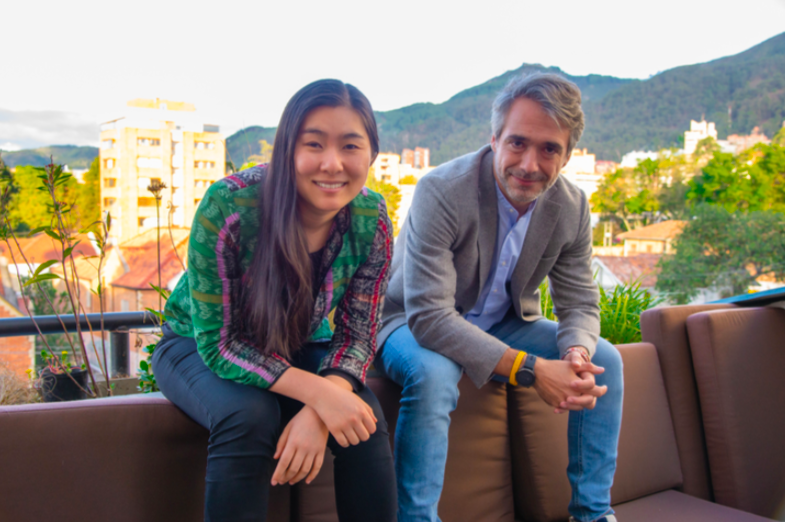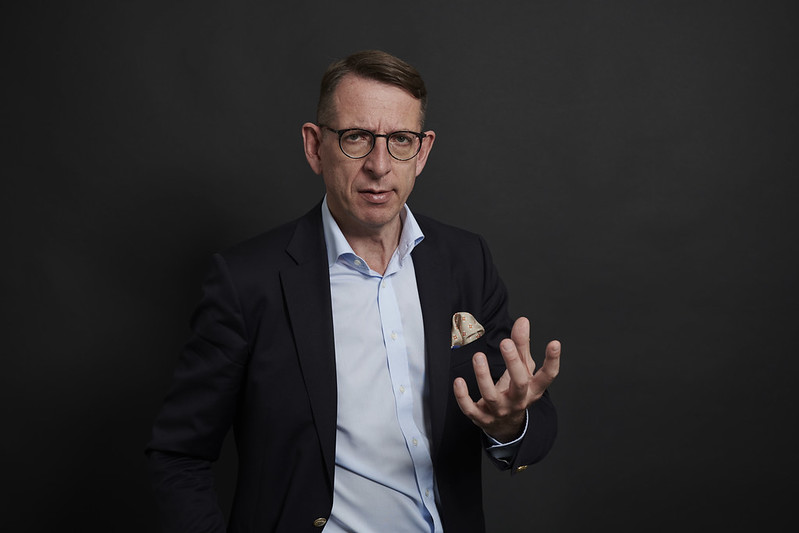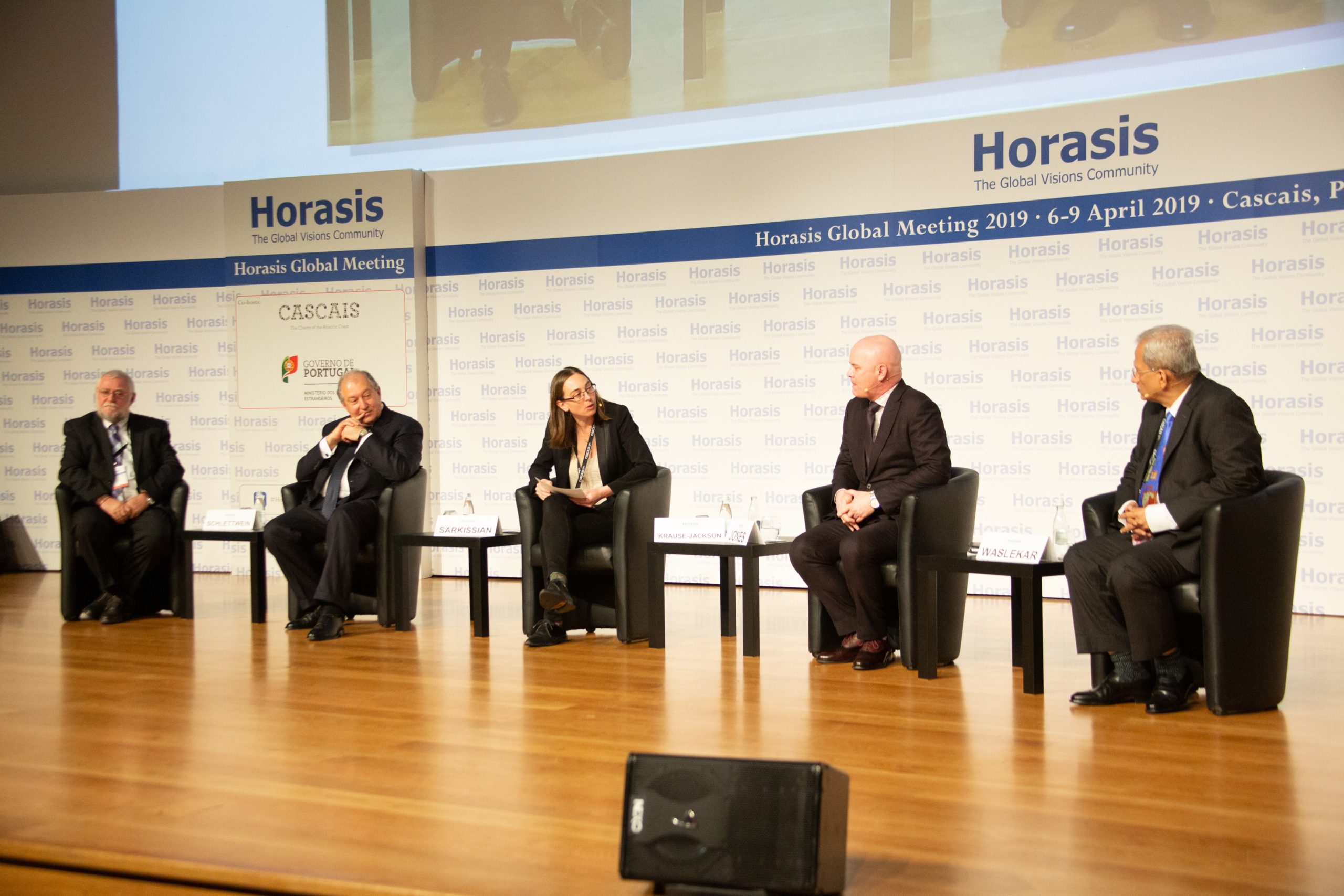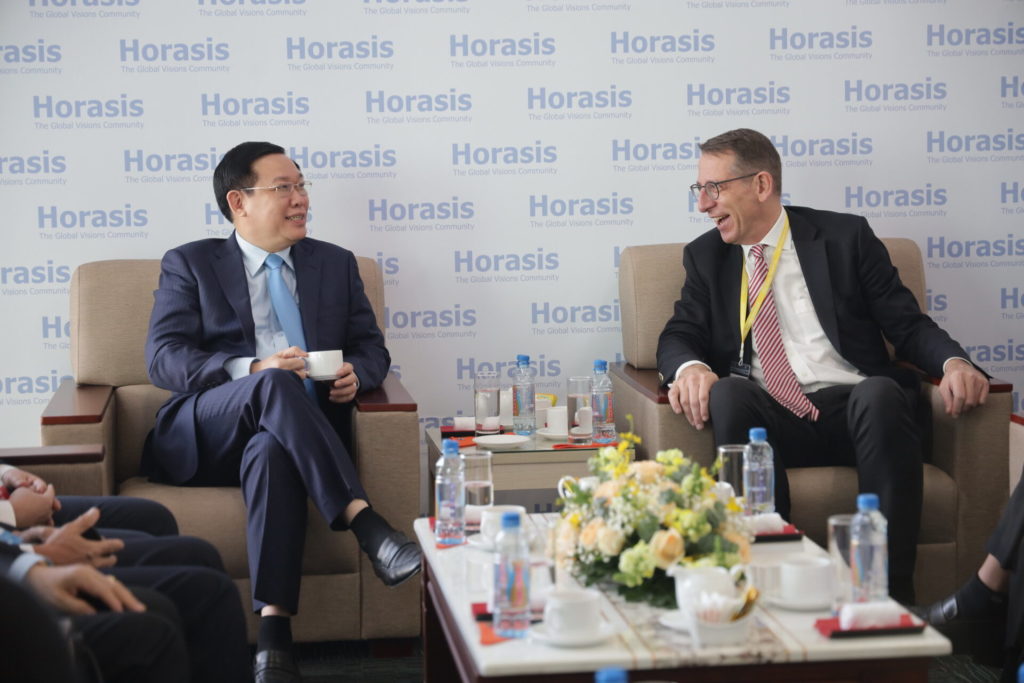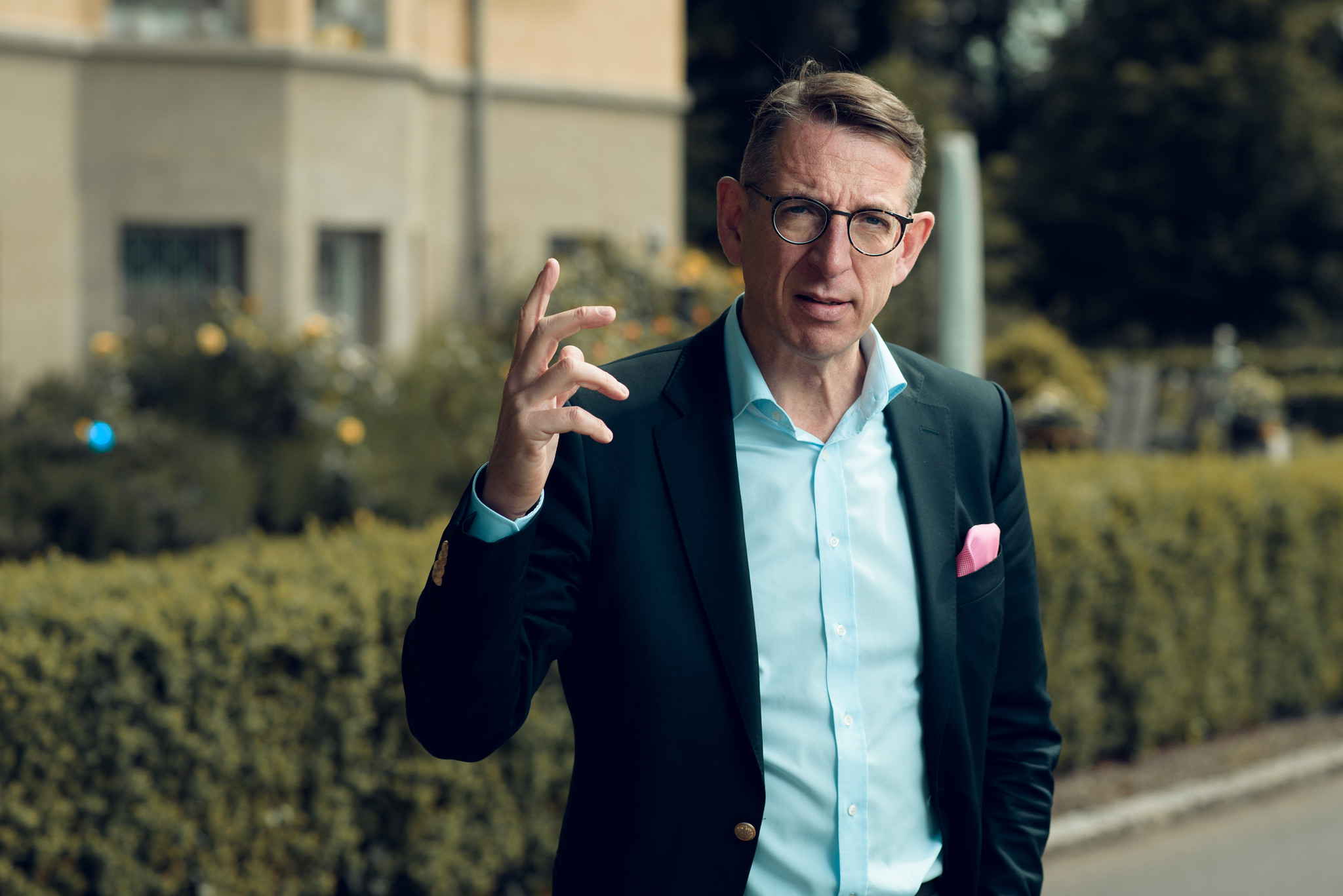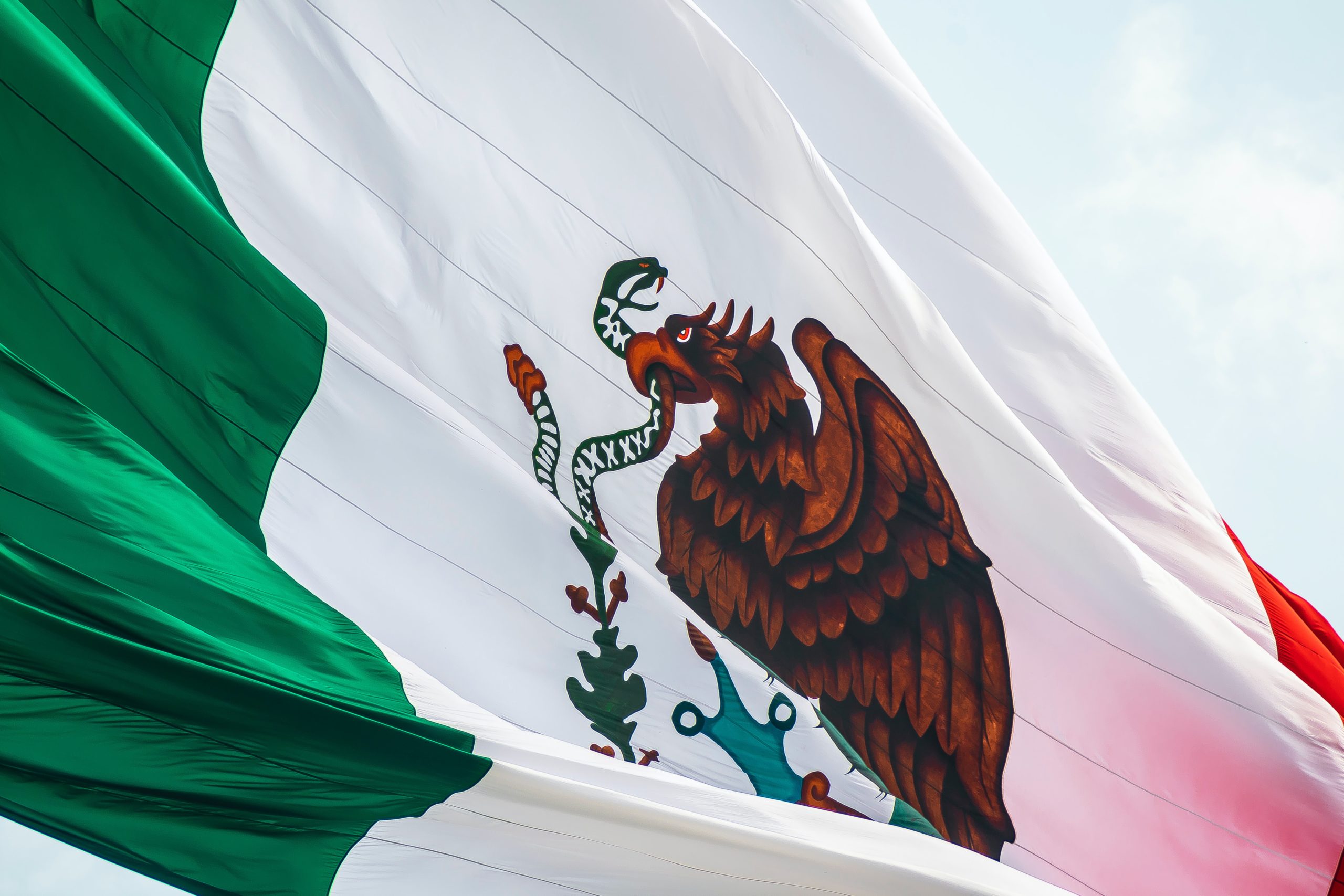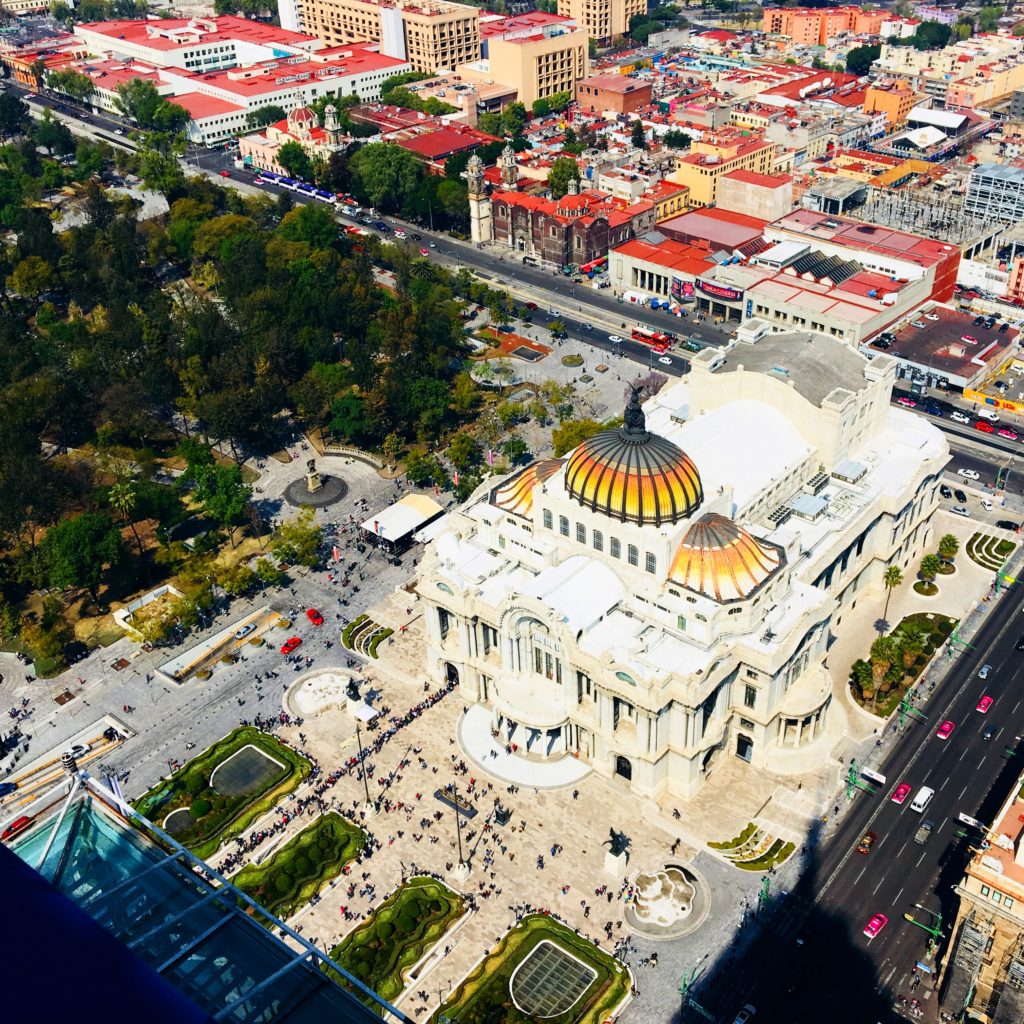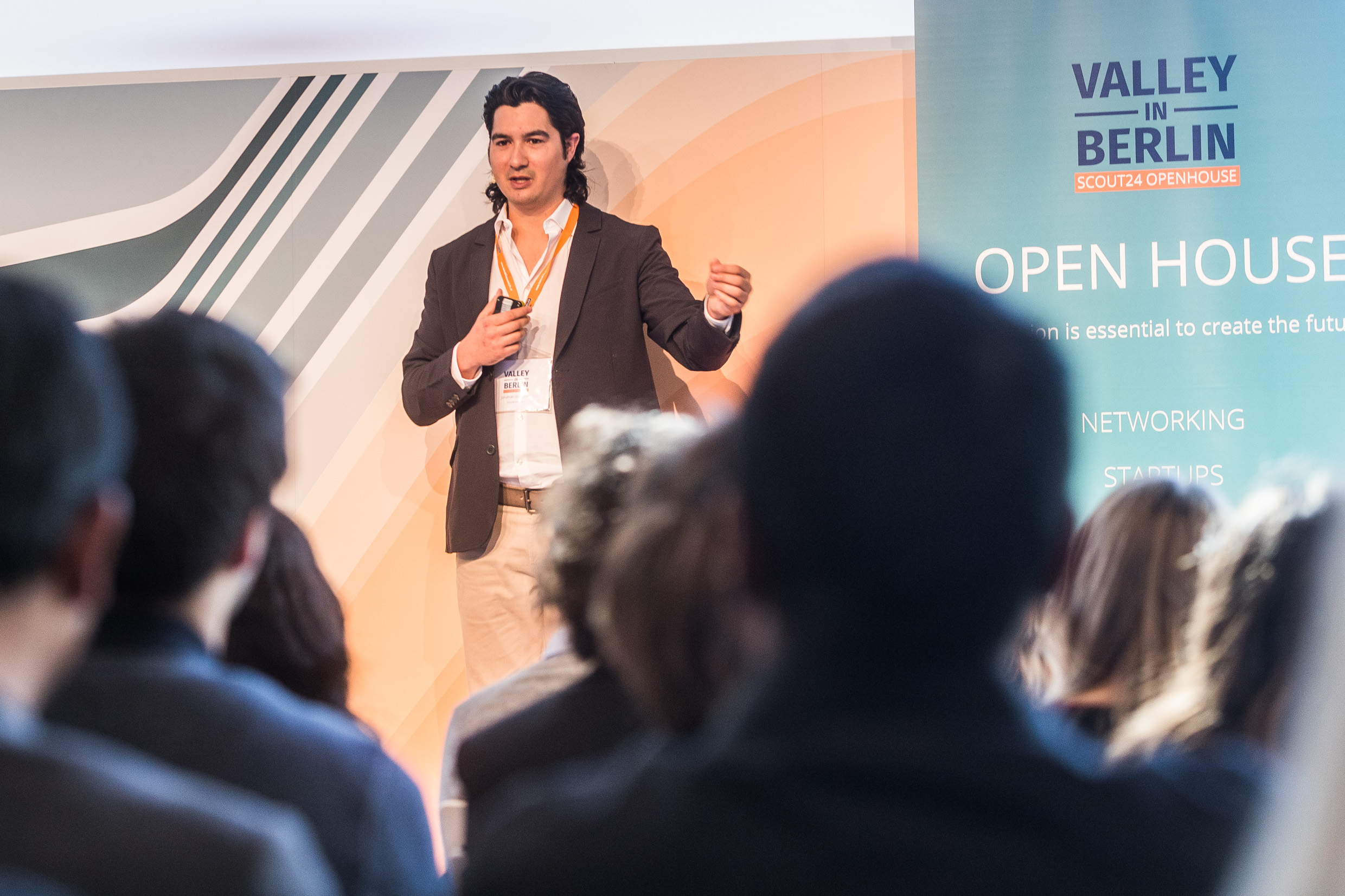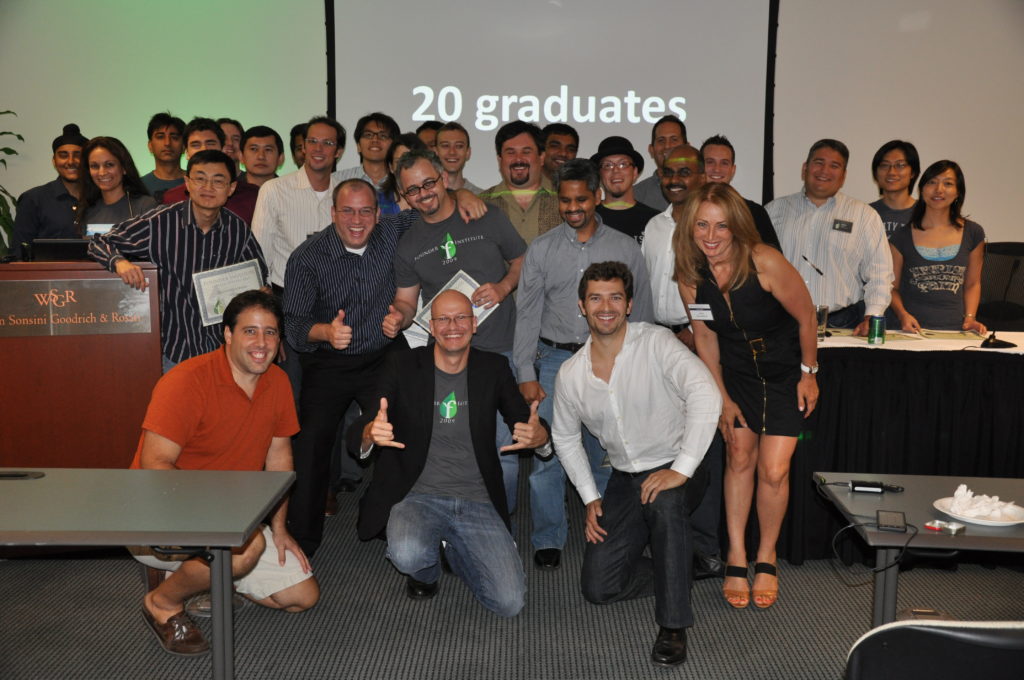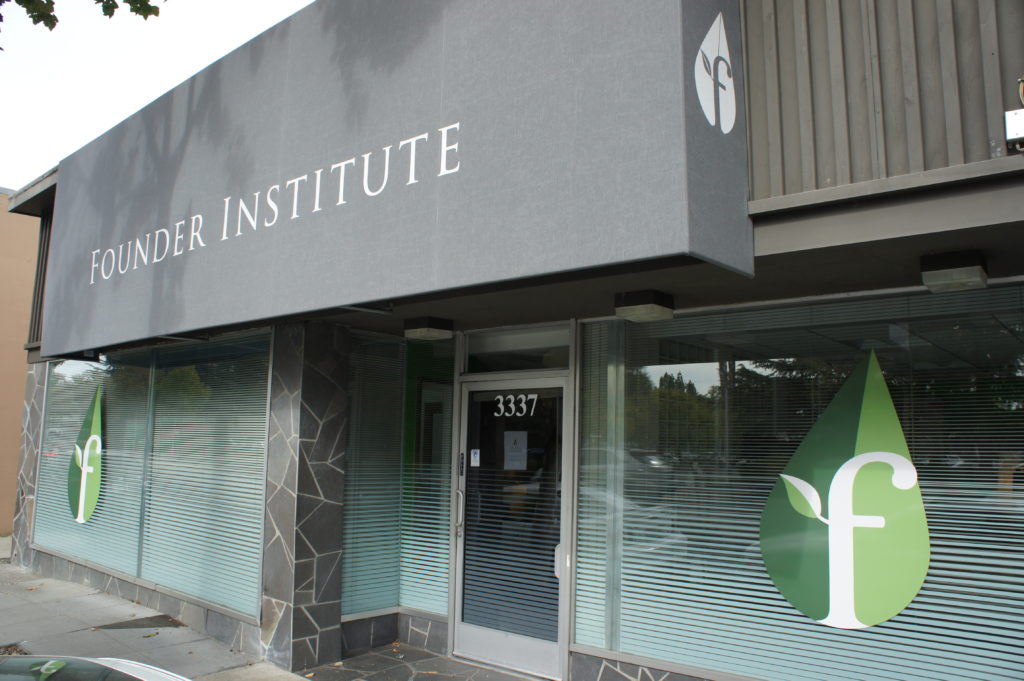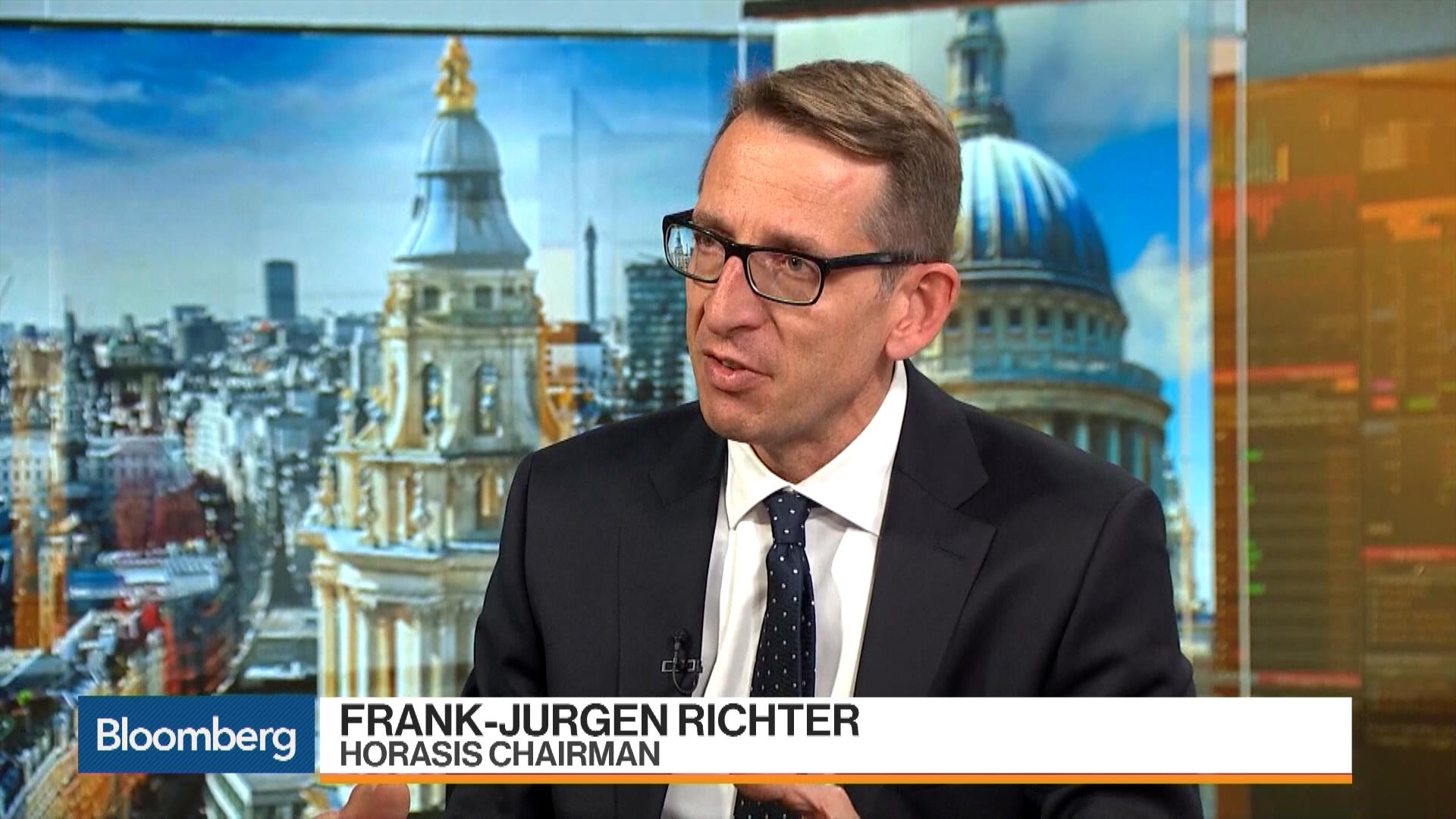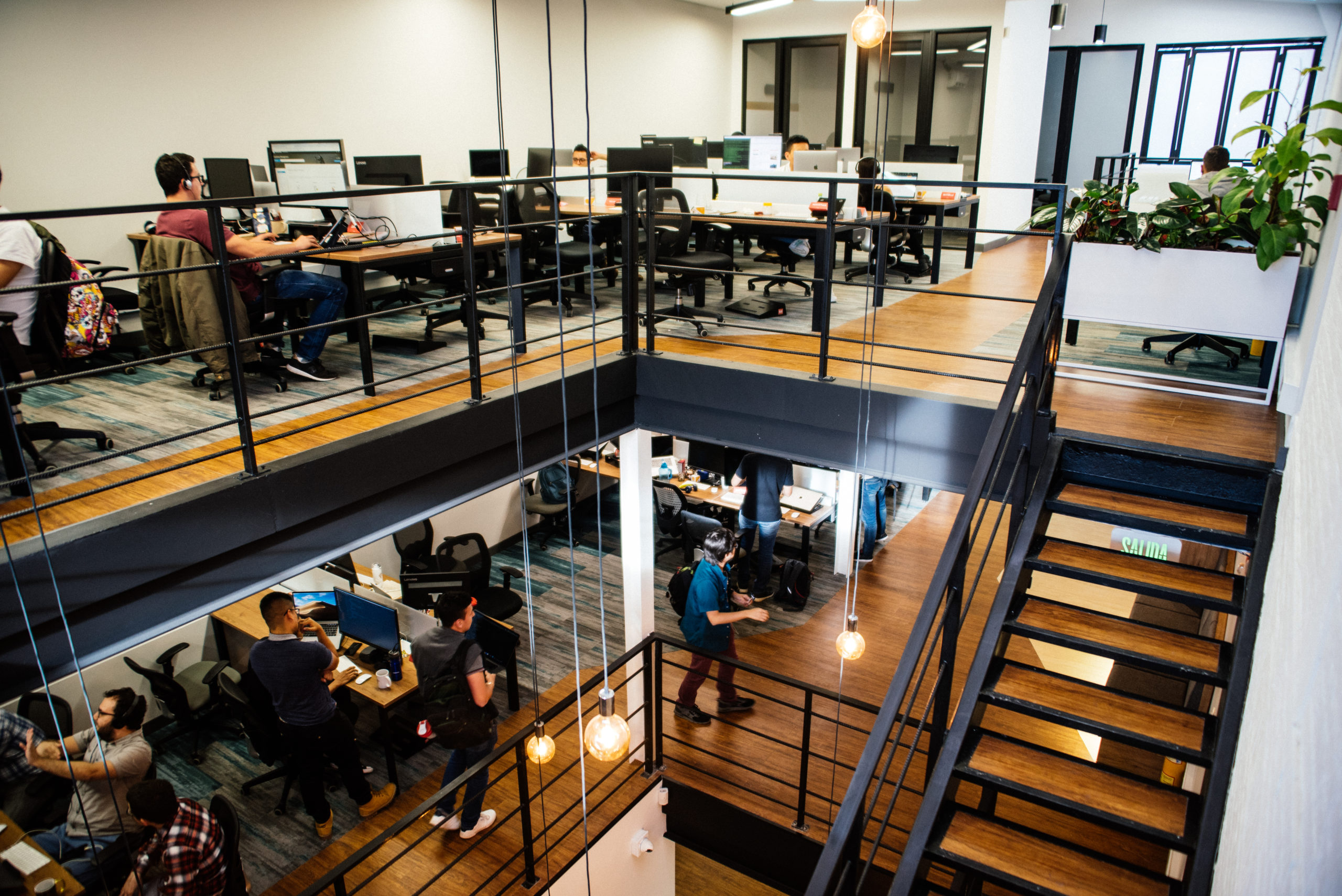Keys to Understanding AI as an Ally for Productivity
Although nearly 800 million people could lose their jobs due to generative AI in the next five years, contrary to what many might think, its impact on today’s labor market has not been as dramatic, especially in regions like Latin America.
Less than half of the jobs in the region are likely to be heavily affected by AI, according to IMF data. This is because a large portion of the workforce operates outside the formal economy, depriving many of access to these technologies.
The first to be impacted by automation will not be laborers or manual workers, but rather certain sectors such as law, finance, and writing. In the case of law firms, they are already exploring the automation of basic tasks. Similarly, banks are questioning whether they will still need as many junior analysts in the future.
This raises a training dilemma: if entry-level positions disappear, how will new generations gain experience? Some industries may choose to replace these roles with AI to boost productivity, while others might shift toward a more hands-on learning model, where professionals learn directly from experts.
It is striking that, despite its potential, AI has not yet caused massive job displacement. Models like ChatGPT can pass complex exams, such as the LSAT (in the U.S.) or university entrance tests. However, sectors considered high-risk, such as administrative assistants or travel agents, have not seen significant employment declines.
A detailed analysis of U.S. labor data reveals two notable exceptions: writers and software developers. Both fields have experienced a drop in hiring in recent years, regardless of broader economic trends. Why are these roles more vulnerable?
This is why, while a virtual assistant can generate reports, it still struggles to replace an executive assistant who must coordinate schedules, handle unexpected issues, and make real-time decisions. Similarly, a travel agent remains essential when a client changes their mind mid-booking or when a logistical problem arises.
For Dr. Ranjit Tinaikar, CEO of Ness Digital Engineering, the impact has been most visible in tech teams. A recent Ness study showed how popular programming assistants are not only optimizing workflows but also transforming team dynamics in real time.
“Our research with nearly a hundred software engineers worldwide, across various regions, industries, and technical environments, revealed that GenAI software engineering tools have a significant impact on software engineers’ productivity,” he said.
Today, generative AI can be used to automate various development activities, and its adoption has already been substantial across the board. It was recently revealed that 30% of Microsoft’s code is already produced using AI, while 150 million developers use GitHub Copilot.
In the Latin American context, AI adoption presents a unique landscape. As Roberto Peñacastro, CEO of LeadSales, notes: “In LATAM, many SMEs are in early stages of technology adoption, meaning the opportunities for AI impact are significant—as long as it’s done strategically.”
Peñacastro emphasizes that the key is not to adopt AI as a trend but to identify specific problems: “It’s not just about deciding whether to adopt AI or not, but doing so based on real pain points. The first step is identifying bottlenecks that limit growth and asking: In which areas are opportunities lost due to delays? Which processes consume resources without adding differentiating value?”
There is an irony in the fact that the most affected jobs are those once considered the most specialized. For example, software developers and writers have seen their most structured tasks—such as generating repetitive code or writing data-based articles—easily automated. Paradoxically, Silicon Valley’s obsession with efficiency and optimization has made these roles more vulnerable.
Peñacastro warns against a common mistake when implementing AI: “While AI allows us to automate many things, it’s crucial not to forget the customer experience. Implementing AI should enhance interaction without completely dehumanizing it.”
He adds: “Customers still value human contact, especially in complex situations where an automated response may feel cold or impersonal. That’s why maintaining a balance between technology and humanity remains crucial today.”
Dr. Tinaikar echoes this sentiment, acknowledging that AI is doing much more than simply boosting productivity. HR teams can expect to change the very essence of IT project delivery due to the disproportionate impact the technology has on senior versus junior team members.
“While these tools improve productivity for both senior and junior engineers, the productivity gains were nearly double for senior software engineers. In other words, this could radically reduce the proportion of junior engineers needed to deliver projects, which would have a substantial impact on hiring and HR.”
This approach is especially relevant in a diverse region like Latin America, where solutions must be tailored to each market: “It’s essential to consider the cultural and market diversity in the region. What works in Mexico won’t necessarily have the same impact in Colombia or Argentina,” Peñacastro notes.
While AI has not eliminated jobs on a large scale, it is redefining which skills are valuable. Workers whose tasks are repetitive and predictable will need to reinvent themselves, while those who develop social skills, creativity, and adaptability will have more opportunities.
For companies, the challenge will be balancing automation with training new talent. If they eliminate junior positions entirely, they risk losing a pipeline of future experts. Instead, if they integrate AI as a support tool—allowing junior employees to learn from it rather than be replaced—they could achieve a more sustainable balance.
The future of work is not about humans versus machines, but about how we can collaborate to create a more efficient and human-centric work environment.




